6 Traditional Chinese Medicine Ingredients and their Benefits

What is Traditional Chinese Medicine?
Traditional Chinese medicine (TCM) comprises a range of medicine practices with familiar concepts. Chinese Medicine has come a long way from when it first came into use, with practitioners using a range of psychological and physical approaches to address health concerns. Chinese Medicine aims to tune up and enhance patients' physiological conditions to make them stronger.
Traditional Chinese Medicine Methods and Practices
The techniques that comprise Traditional Chinese Medicine include:
- Herbal products: They're helpful in treating many medical problems like heart disease, stroke, respiratory diseases, and mental disorders.
- Dietary therapy or nutrition: Traditional Chinese Medicine diet therapy has four principles of light eating, harmony of flavors, balancing hot and cold, and consistency in dietary intake. Traditional Chinese medicine emphasizes proper dietary planning to achieve body balance. Meat, grain, fruit, and vegetables aid in recovery and prevent damage to the inner health of Qi.
- Acupuncture: Practitioners stimulate specific body parts by inserting thin needles through the skin. The process stimulates the body to release natural painkillers, affecting areas of the brain that deal with pain. The result is pain relief, especially from back pain, carpal tunnel syndrome, neck pain, osteoarthritis, and knee pain.
- Moxibustion: The technique involves burning moxa near the body's acupuncture points or meridians. Doing so stimulates these areas to improve the body's flow of energy (Qi).
- Cupping Massage: The therapy effectively removes stagnation and stimulates the flow of Qi. When there is blockage of this vital energy in the body, it creates stagnation or imbalances.
- Tai Chi: This combines specific postures, mental focus, gentle movements, relaxation, and breathing. The technique improves balance and stability, reduces osteoarthritis pain, and promotes quality of life.
Common Traditional Chinese Medicine Ingredients
Herbal formulas in the traditional system of Chinese herbal medicine play a vital role in treating virtually any condition. The herbal approach to traditional Chinese medicine is a complex system used to balance health. It focuses on consuming foods that maintain the body's humors properly. Here are the top 6 ingredients with numerous health benefits.
1. Red Dates (hóng zǎo)

Also known as jujubes, red dates are popular foods because of the health benefits they provide. They have an anti-inflammatory effect, improve digestion and relaxation, boost your skin complexion, and ease ailments like a sore throat.
The Chinese believe that red dates are suitable for pregnant women as they have a tonic effect on the liver. They may also make labor and delivery easier. After delivery, red dates help restore Qi when consumed daily.
When consumed as a tea, red dates replenish the body, improve blood circulation, and enhance liver function.
2. Goji Berries (gǒuqǐ)

Goji berries also go by the name of wolfberries. When combined with red berries and dried longans in tea, they help replenish vital energy while improving blood circulation. The berries belong to the nightshade family alongside peppers, eggplants, potatoes, tomatoes, and ashwagandha.
The Chinese consume goji berries to nourish food for convalescents, especially snacks and soups. They also prepare it medicinally as wine, juice, or tea. The berries demonstrate high effectiveness in supporting organ and tissue health. They also increase overall feelings of wellbeing while supporting immunological markers, interleukins and lymphocytes.
Other benefits include supporting macular health, increasing plasma antioxidants, and improving eye health.
3. Ginseng (rénshēn)

In traditional Chinese medicine, Asian ginseng is a significant component that increases blood volume, boosts strength, and promotes life and appetite. Practitioners prescribe it for anemia, impotence, weakness, and deficient Qi patterns. They also use it to boost immunity and lower blood sugar.
Research shows that men who have erectile dysfunction can benefit from taking ginseng tablets for eight weeks. The study concludes that ginseng is one of the natural remedies suitable for improving all aspects of sexual dysfunction.
4. Edible Bird's Nest (yànwō)

Edible bird's nests are a creation of bird nests formed from solidified saliva by various swiftlets, like Indian and nest swiftlets. The nests are fit for human consumption and have a unique position in Chinese culture. Bird's nest benefits include their high protein content and rich flavor.
Edible birds' nests are some of the most expensive animal products humans consume. They're available in white, but other variations exist, mostly a red one known as a "blood" bird’s nest. Traditional Chinese medicine promotes nests as products that promote good health, especially for the skin. Traditionally, people consumed edible bird’s nests in soup but now use them as food, drinks, and cosmetics additives.
5. Licorice Root (gāncǎo)

The root is sweet and usually helps to neutralize TCM herb tonics to ease bitterness. In addition to this, it also replenishes vital energy, clears out heat, controls coughing, and improves stomach functions. Licorice root is also good for the cold, flu, depression, and heartburn. Some evidence also suggests that it eases redness, swelling, and itching common with skin rashes.
6. Ginger (jiāng)

Ginger is a spicy rhizome used in Chinese herbal medicine to improve digestion, ventilate the lungs, neutralize poisons in food, and promote circulation to the limbs. Today, the herb is common in cooking and making teas and candies to counteract nausea and improve digestion. It makes for a delicious tea when steeped with jujubes and red berries in winter.
Advantages of Traditional Chinese Medicine Ingredients
Chinese herbs used in Chinese medicine are helpful to everyone who uses them, especially for people with hard-to-diagnose conditions. The ingredients help address:
- Persistent fatigue
- Menopause
- Immune system irregularities
- Irritable bowel syndrome
- Digestion issues
- Infertility
- Diarrhea and constipation
- Cancer treatment side effects
- Autoimmune disorders
- Allergies
Research on the safety of Chinese herbs shows that the herbs are safe, mainly because they come from natural sources. Out of the 333 patients in the study, only about five exhibited mild side effects like itchiness and shortness of breath.
However, before you try Chinese herbs to treat any condition, it's essential to consult with a health professional or a qualified herbalist. They should be board-certified in traditional medicine or Oriental medicine. An excellent place to get started when looking for one is the National Certification Commission. For more resources and insights on natural nutritional products and tips, check out the Golden Nest blog and news page.


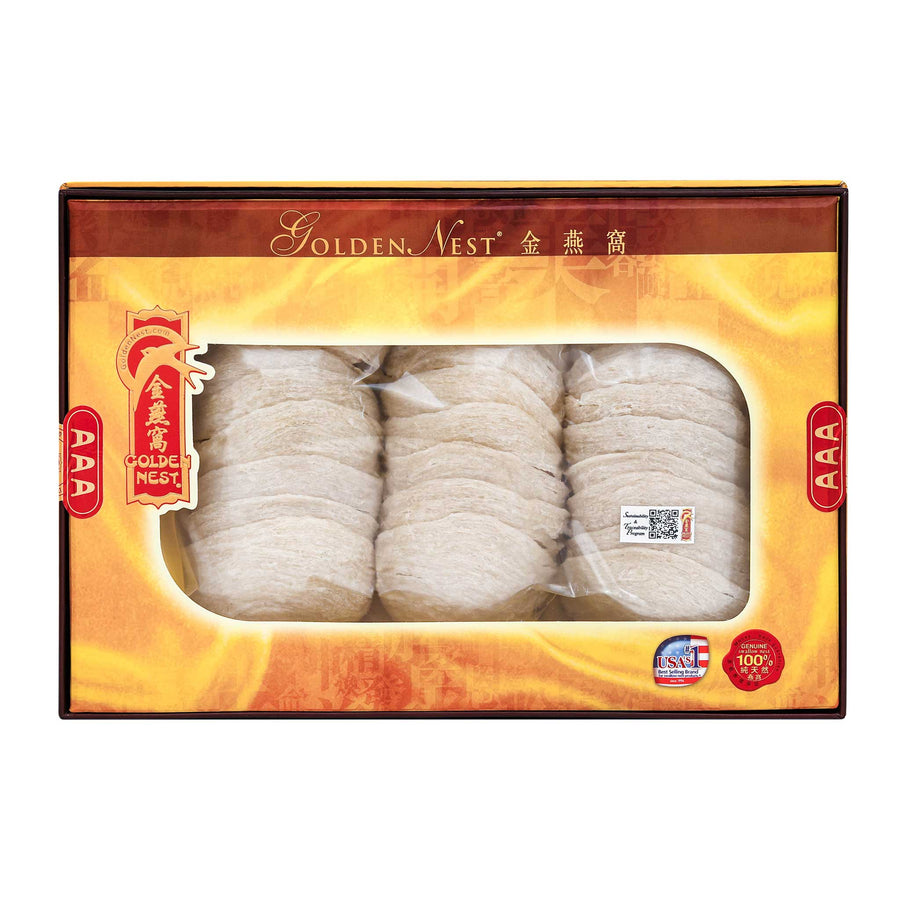
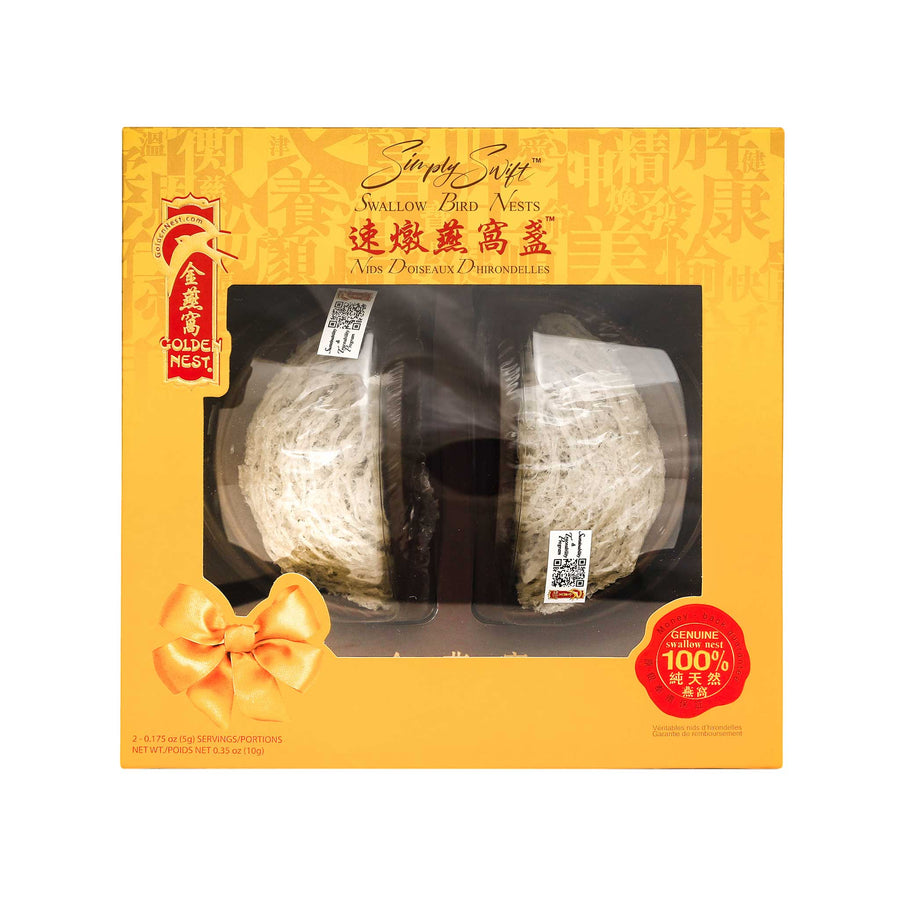
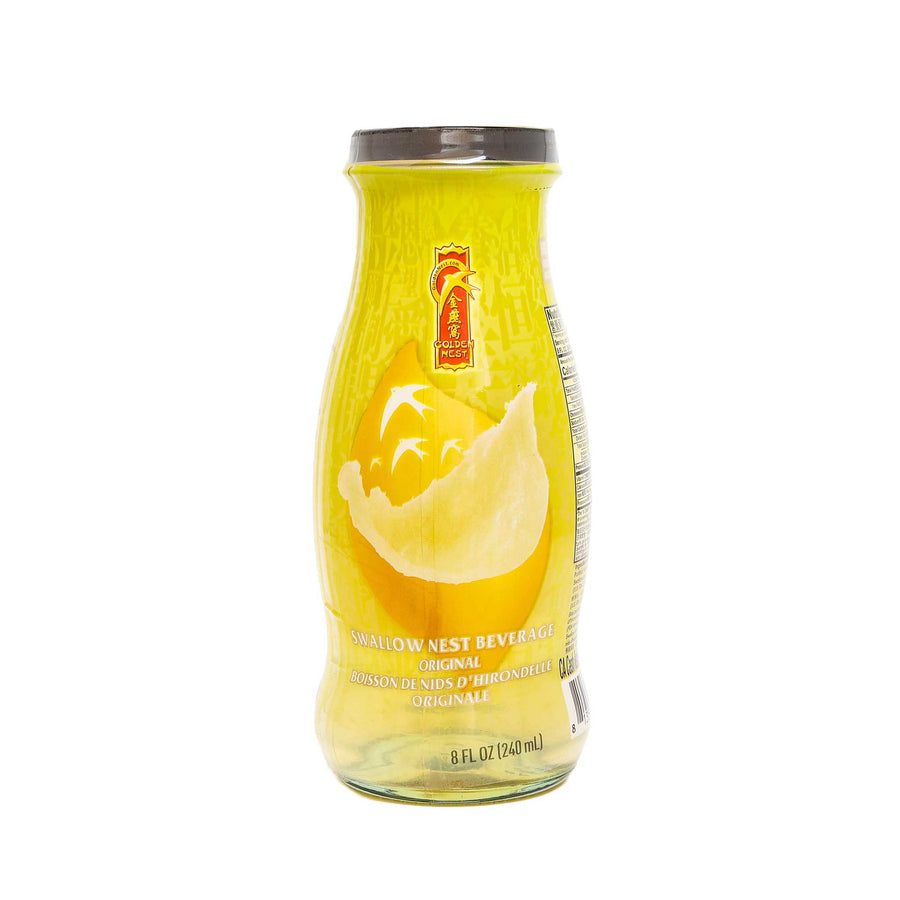
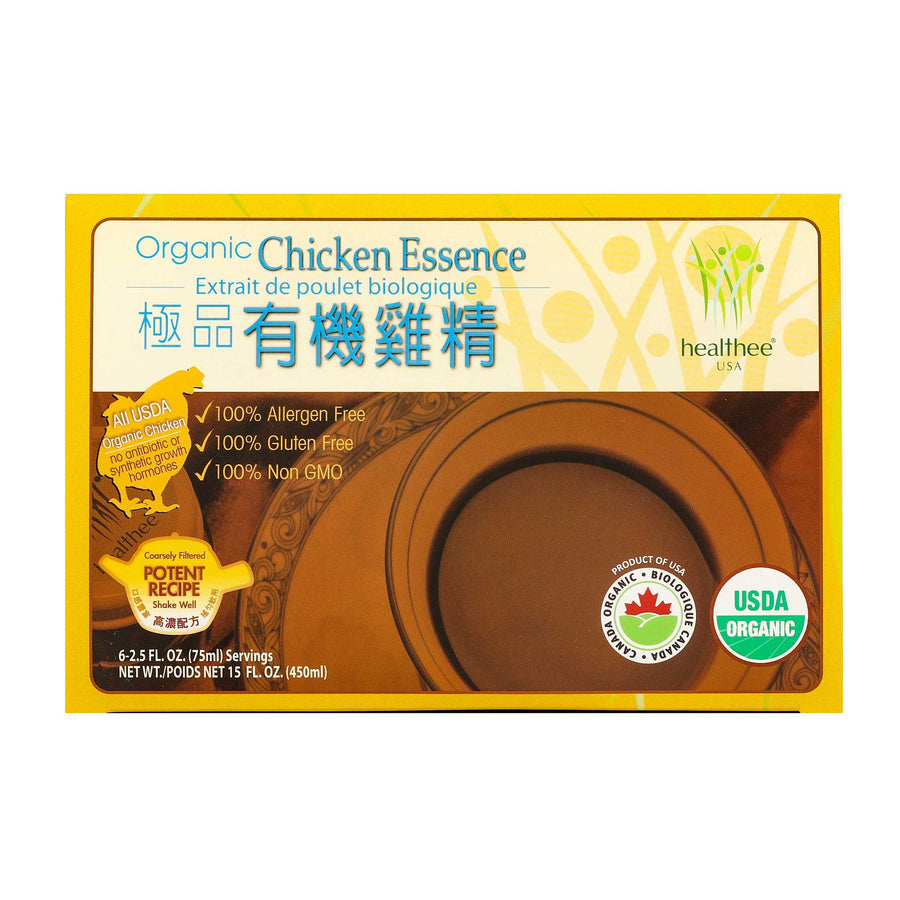



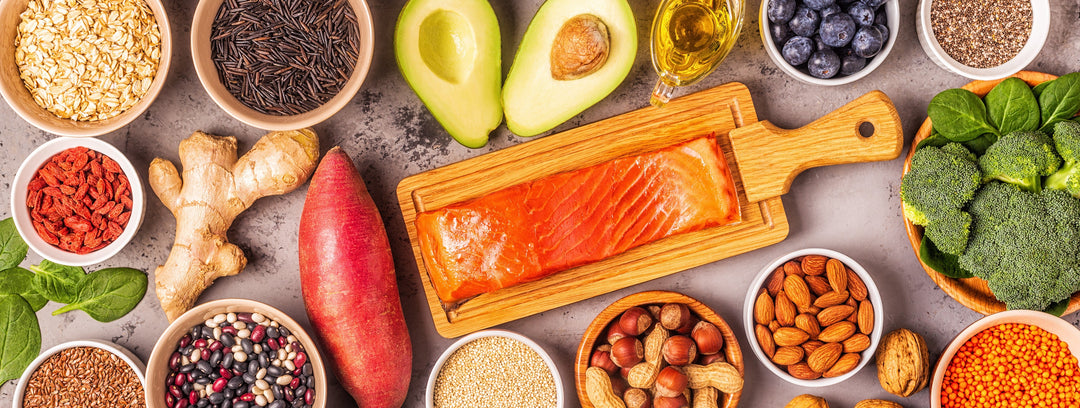
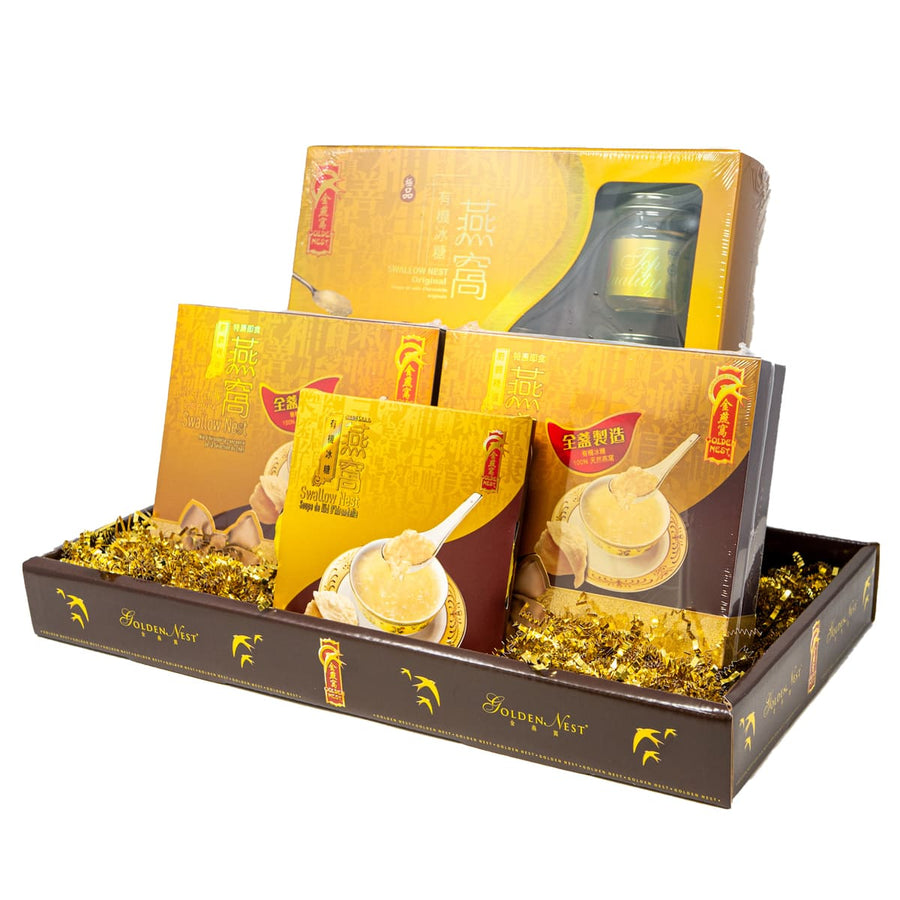
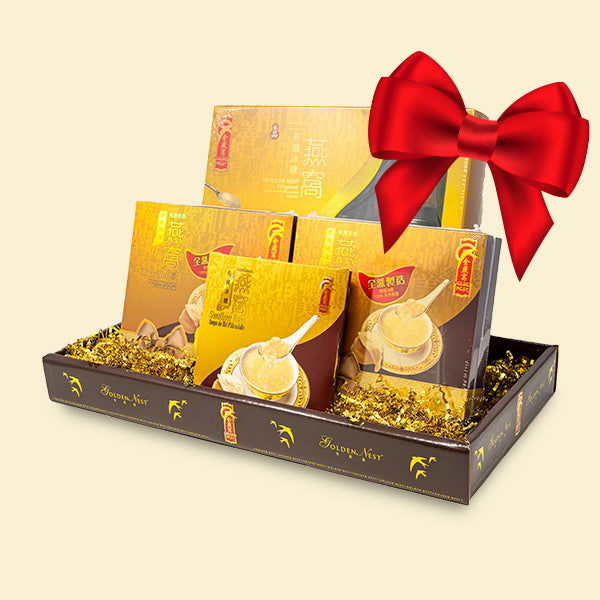
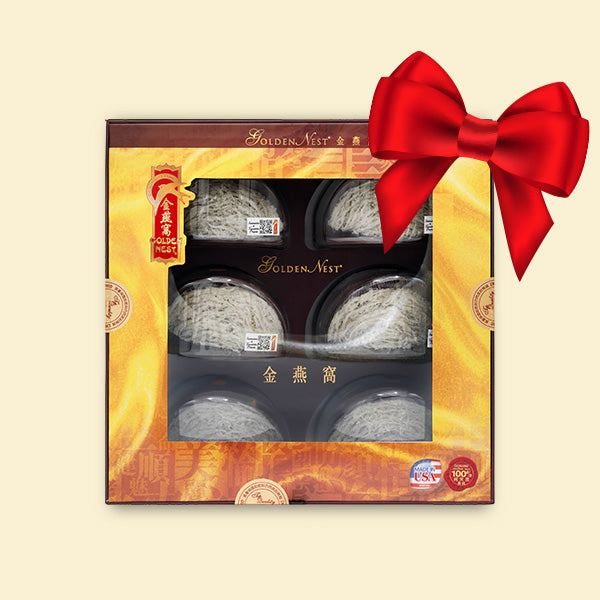

greetings my name is rose. a great testimony have to be shared I bless the day I find Dr.ebedia thank him for his amazing natural herbal treatment that eliminated my herpes virus completely.don’t ever lose hope if you suffer from any deadly disease. like HIV ALS HPV HSV etc. you don’t have to be worried.They can be cured forever without coming back.with the best herbal treatment from dr.ebedia.I am a leaving testimony I got cured totally and permanently from my Herpes virus with dr.ebedia natural herbal remedies.i recommend you all to dr.ebedia for your natural herbal cures trusted and reliable.
doc address [ drebedia @ gmail. com ] + 2 3 4 7 0 8 0 2 8 9 4 1 2
greetings my name is rose. a great testimony have to be shared I bless the day I find Dr.ebedia thank him for his amazing natural herbal treatment that eliminated my herpes virus completely.don’t ever lose hope if you suffer from any deadly disease. like HIV ALS HPV HSV etc. you don’t have to be worried.They can be cured forever without coming back.with the best herbal treatment from dr.ebedia.I am a leaving testimony I got cured totally and permanently from my Herpes virus with dr.ebedia natural herbal remedies.i recommend you all to dr.ebedia for your natural herbal cures trusted and reliable.
doc address [ drebedia @ gmail. com ]
greetings my name is rose. a great testimony have to be shared I bless the day I find Dr.ebedia thank him for his amazing natural herbal treatment that eliminated my herpes virus completely.don’t ever lose hope if you suffer from any deadly disease. like HIV ALS HPV HSV etc. you don’t have to be worried.They can be cured forever without coming back.with the best herbal treatment from dr.ebedia.I am a leaving testimony I got cured totally and permanently from my Herpes virus with dr.ebedia natural herbal remedies.i recommend you all to dr.ebedia for your natural herbal cures trusted and reliable.
doc address [ drebedia @ gmail. com ] + 2 3 4 7 0 8 0 2 8 9 4 1 2
Leave a comment